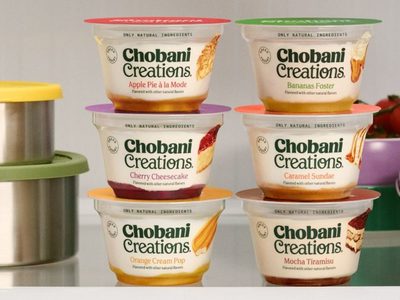LONDON — The U.K.’s Environment Secretary Owen Paterson went before the House of Parliament today to provide lawmakers with an update regarding his agency’s investigation into how horse meat became mixed with beef and used in value-added beef products. Mr. Paterson iterated that this currently is a case of food fraud and that there is no evidence of a safety issue, but he did say the incident reaches “Europe-supply networks.”
“The ultimate source of these incidents is still being investigated,” he said. “But it is already clear that we are dealing with Europe-wide supply networks. I am taking action to ensure that there is effective liaison with the European Commission and other member states.”
The Independent newspaper in London published a story on Monday quoting a French politician who said a law banning horses from Romanian roads may be responsible for the surge in fraudulent sale of horse meat on the European beef market. Horse-drawn carts were a common form of transport in Romania for centuries and it is believed many thousands of horses and donkeys may have gone to slaughter after the change in the transportation rules.
At a press briefing in Romania, Dacian Ciolos, European commissioner for agriculture and rural development, said, “The European Commission has no evidence to incriminate a member state or another or one company or another.”
As officials from the United Kingdom and the European Commission conduct an investigation, fallout from the discovery continues.
The retail chain Tesco did more tests on some of its products after the discovery and found trace amounts of horse meat in some of its beef products.
“A week ago Tesco withdrew a frozen Everyday Value Spaghetti Bolognese product from sale,” said Tim Smith, group technical director for Tesco. “We did this as a precaution because Findus products from the same factory were reportedly at risk of containing horse meat. Since then, we have carried out a number of tests on the product and those tests identified the presence of horse DNA. Of the positive results, most are at a trace level of less than 1% but three showed significant levels of horse DNA, exceeding 60%.
“The source of the horse meat is still under investigation by the relevant authorities. The level of contamination suggests that Comigel was not following the appropriate production process for our Tesco product and we will not take food from their facility again.”


